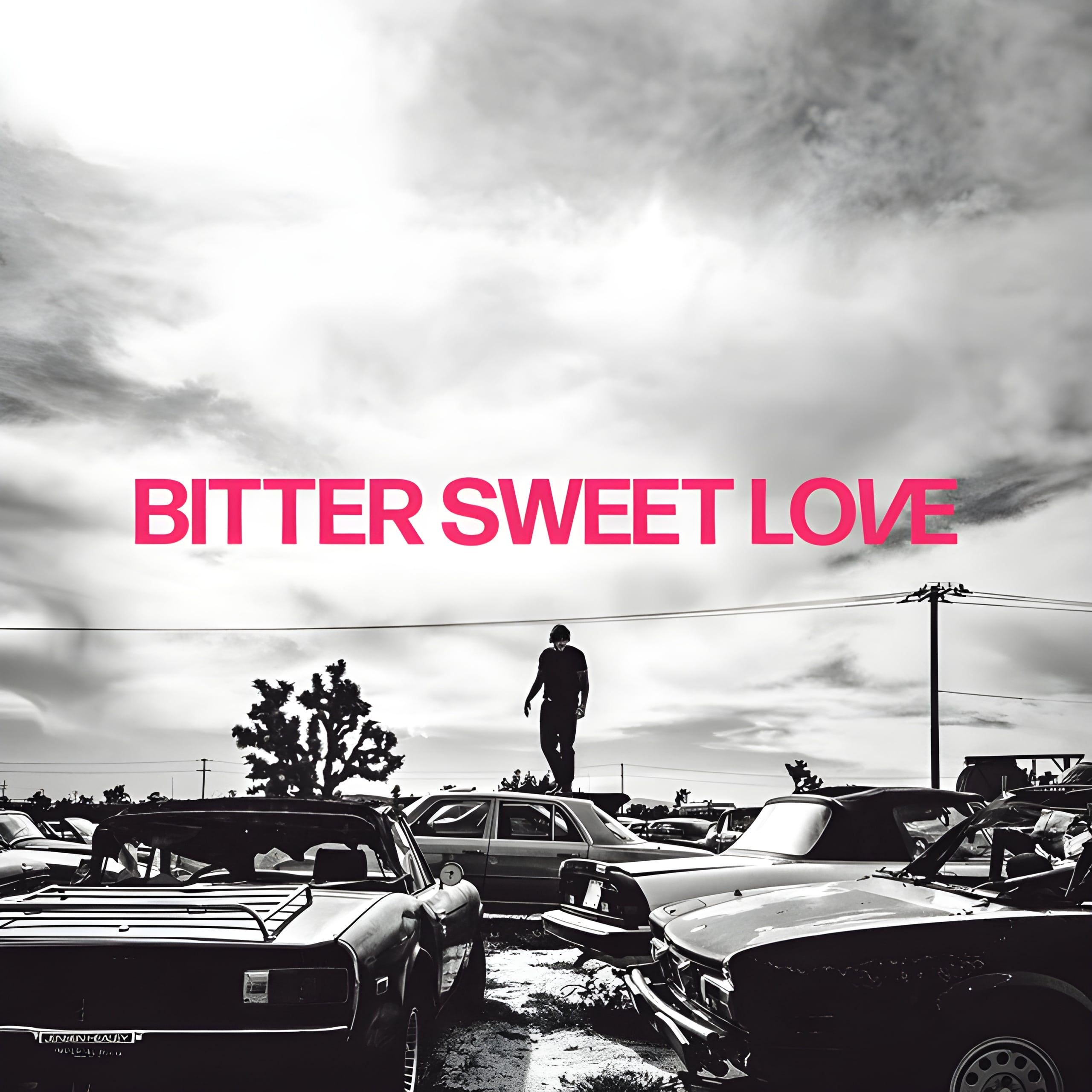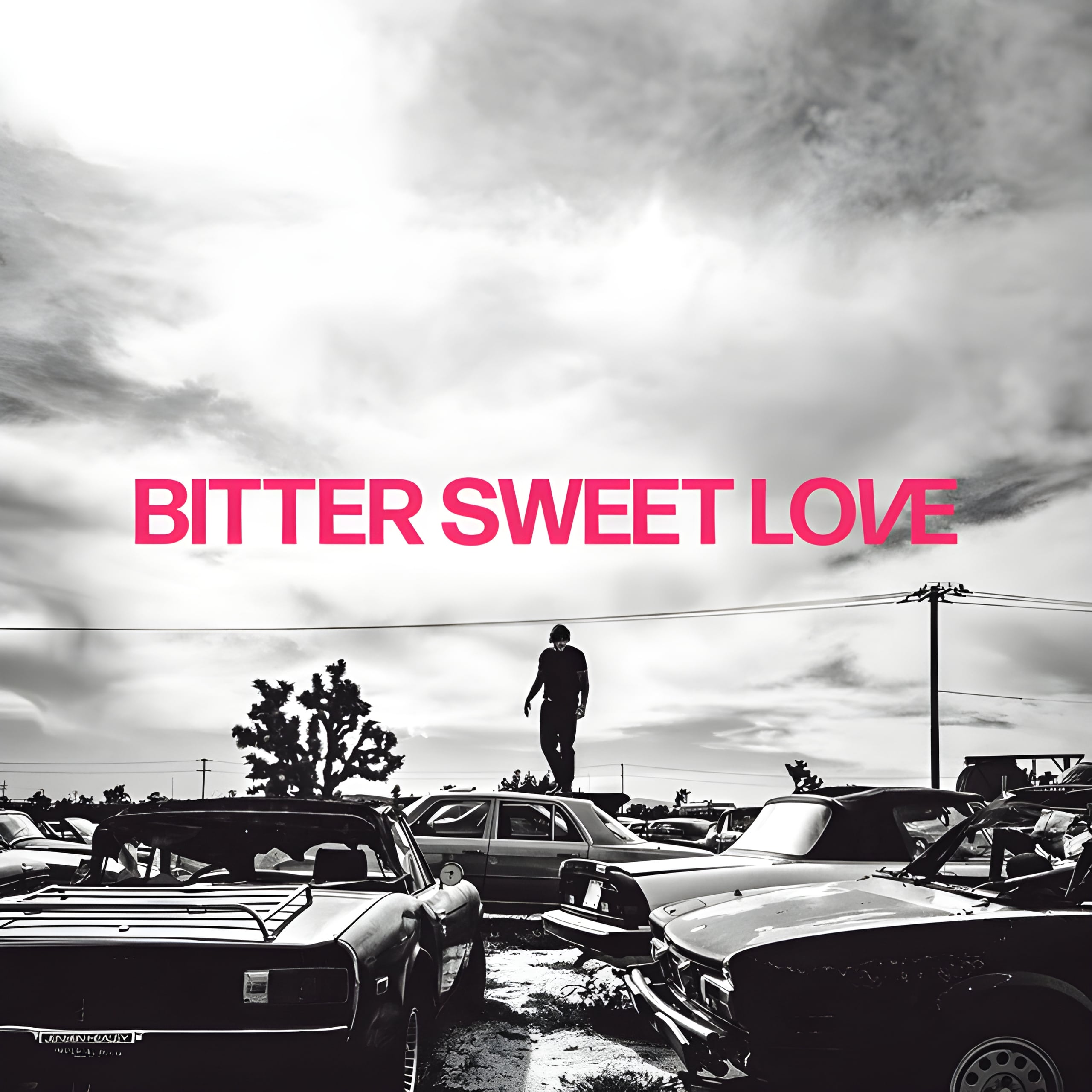Released: 2016
“Train Wreck” by James Arthur is a raw and impassioned plea for help during a period of emotional crisis. The song references themes of despair, struggle, hope, and the battle towards self-redemption, all punctuated by Arthur’s gripping vocal delivery and poignant lyricism.
Opening the song, Arthur finds himself “laying in the silence, waiting for the sirens”, a potent image that resonates with feelings of desperation and helplessness. He’s in a state of emotional peril, metaphorically depicted as a train wreck. And yet, he isn’t ready to surrender; he vehemently states, “I’m not ready to die, not yet.” The train wreck here isn’t simply a metaphor for chaos, but also a symbol of a life derailed, a soul in turmoil, yearning for salvation.
As the track progresses, we see Arthur grappling with his faith, seeking solace “To myself, to a God? To a saviour who can/ Unbreak the broken”. These lines indicate a search for divine intervention, yet it also perhaps suggests an inner journey for self-healing and introspection. It’s a common thread in pop music, the idea of looking within to find strength, a turn back to spiritual humility when one’s world is falling apart.
Arguably the most impactful lines, “Unbreak the broken/Unsay these spoken words” underscore the essence of the song. The “broken” here signifies not just Arthur’s shattered spirit, but his desire to rectify mistakes or harsh words spoken in moments of despair. It’s a cry for a chance to make things right, a key message that resonates universally.
Moving forward, despite the pain and “bad blood,” Arthur still finds some refuge, symbolized as a “sanctum, home”. This reference maintains a glimmer of hope amidst the wreckage, reinforcing that amidst turmoil, there often remains a semblance of familiarity and security.
Finally, the assertion “You can say what you like ’cause see, I would die for you” brings the narrative full circle. It implies a deep sense of devotion and willingness to sacrifice for someone, despite his own pain. This is a pertinent theme in pop, where love is often painted as the antidote, the driving force pushing us through our darkest moments.
Thus, “Train Wreck” by James Arthur is more than just a song; it’s a monologue of despair intertwined with glimmers of hope, showing us that amidst life’s train wrecks, we can still reach out, stay hopeful, and fight for our personal redemption.








